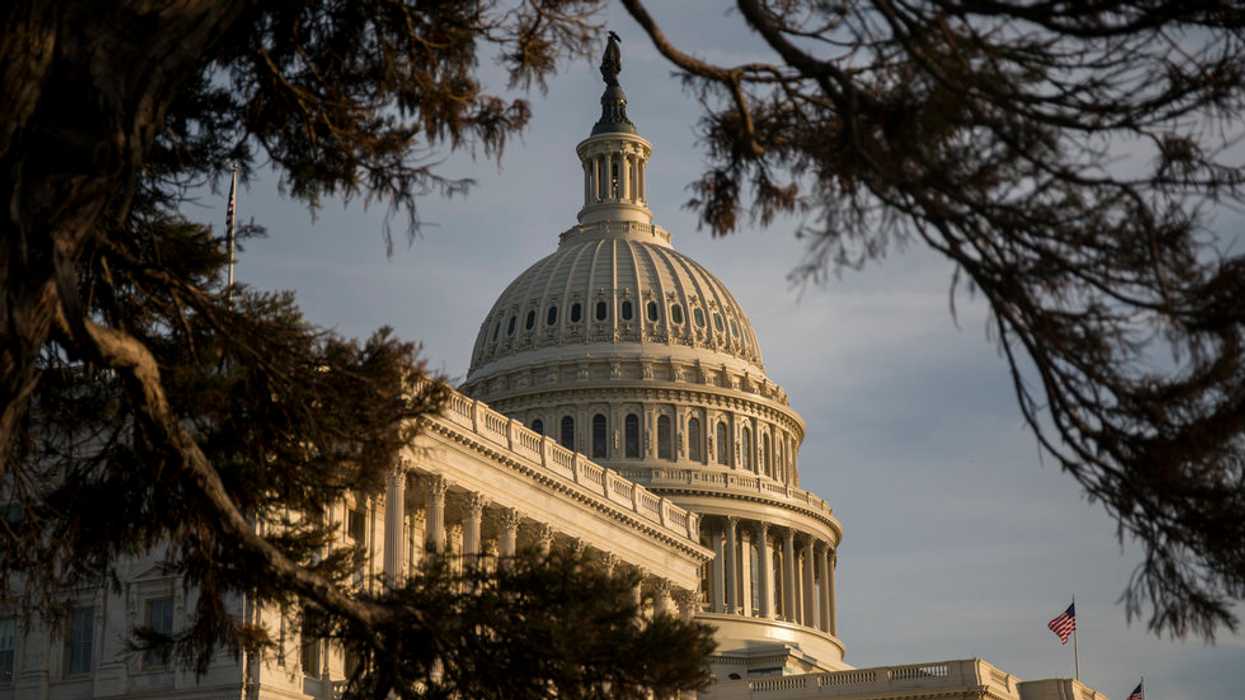Goldstone’s most recent book is "On Account of Race: The Supreme Court, White Supremacy, and the Ravaging of African American Voting Rights.
Few question the value of experience. Almost every parent attempts, often with great difficulty, to teach their children to acquire some experience in life before making major decisions. New hires in most businesses go through training programs to prepare them for the challenges they will face, as does just about every aspiring doctor or lawyer. Young athletes, no matter how talented, are usually brought along slowly to gain seasoning before facing veteran opponents.
Although many teenagers and the ignorant of all ages insist they can waltz into any situation and do just fine the first time out, life often teaches them that they should have been more prudent. Experience is something that they did not think they would need until they had some.
And so, predictably, the internet is rife with quotes about experience by famous people. Albert Einstein said, “The only source of knowledge is experience.” The great physician William Osler observed, “The value of experience is not in seeing much, but in seeing wisely.” The poet John Keats noted, “Nothing ever becomes real ‘til it is experienced — even a proverb is no proverb to you till your life has illustrated it.” Oscar Wilde added, with typical acidity, “Experience is simply the name we give our mistakes.” Even Oprah Winfrey has chimed in: “Turn your wounds into wisdom.”
With such widespread agreement that the past informs the present, it is something of a surprise that Americans on both sides of the political divide are so willing to brush off the most valuable source of political wisdom — our own history.
What is American history, after all, but a record of our national experience, a vehicle by which we can evaluate the decisions of the past to try to make better decisions in the future? To be a useful learning tool, however, history has to be properly recorded, fairly evaluated and taught as objectively as possible. Failure to do so creates distortion and misunderstanding, and thus renders it useless to help solve present problems and prepare for future ones.
In recent years, however, understanding our history as it actually played out has been subordinated to using the past as a political weapon. We hear all too often from the left that United States history is an unbroken line of oppression, racism, sexism and any other -ism that the venal, greedy, white male power structure foisted on helpless minorities. For the right, our past is glorious, where freedom was granted to each and every American, regardless of race, creed, color or national origin and that everyone was able to thrive within the system if only they worked hard and followed the rules. (Slavery, an obvious exception to that doctrine, is dismissed as an historical anomaly.) Thus, those on the right contend the starting line is essentially equal and those on the left insist that the privileged classes are starting 90 yards up the track in a 100-yard race.
Warping history has political consequences. If, for example, one believes that all Americans, regardless of color or origin, effectively have the same opportunities, then social programs look like giveaways to moochers rather than an attempt to redress past discrimination. If, on the other hand, one believes the United States is incurably inequitable, where no amount of false promises will prevent biased treatment under the law, then government has a responsibility to protect those whom society will not.
Both are half-truths, and that is the problem. Advocating such principles might yield short term political advantage, but it will create a weaker nation, less able to solve the nation’s problems, which at the moment are deep and acute.
Understanding history can also be a powerful tool. Black citizens of Georgia, for example, have been victims of voter suppression since just after Reconstruction. State and local governments erected transparent barriers to registration, which both state and federal courts upheld as not on their face being racially motivated. For decades, Black men and women in the state had no recourse and few were willing to risk their jobs, their homes and even their lives to try to cast a ballot.
Although the 1965 Voting Rights Act helped some, the white power structure spared no effort to stay one jump ahead of the federal government, a task that became a good deal easier in 2013, when the Supreme Court eviscerated that law in Shelby County v. Holder. As a result, in a state that is one-third Black, African Americans had virtually no power in state government, and minimal representation in Washington. Many Black Georgians felt that things had not and would not change and that participating in such a sham was a waste of time. Apathy became as big an impediment to voting as the law.
But some Black Georgians, such as Stacey Abrams, looked at history and saw opportunity. Unlike with the de jure restrictions of the Jim Crow days, and even in the face of Shelby, the best that the white power structure could do was make registering and voting massively inconvenient. They could not prevent it. What was needed was to convince Black men and women that giving their time and effort would not be futile, a task whose monumental difficulties cannot be overstated.
But Abrams and her supporters did it and in 2018, she came within 55,000 votes of defeating Brian Kemp, who used any variety of questionable ploys to win the governor’s race, including overseeing the election himself. But the opportunity was still there and Black Georgians tried again in 2020.
And this time they won.
Success did not come easily. It involved a massive effort to both register Black Georgians and then to ensure that their registrations remained valid in the face of increasingly desperate efforts to disenfranchise them. Then there were the waits — four, five, sometimes six hours in long lines to get to inadequately manned polling stations. Rural voters, the conservative base, could be in and out of their polling places in minutes.
But in the end, Joe Biden carried the state and Georgia elected a Black man and a Jew as U.S. Senators. You could have gotten better odds on Vladimir Putin winning the Nobel Peace Prize.
In two months, Black voters will again be in the position to help elect Sen. Raphael Warnock to a full term and turn Kemp out of office. It will involve navigating through yet another wave of state imposed restrictions and waiting interminably to reach the ballot box.
But this time history, which had always been the enemy, is on their side.




















